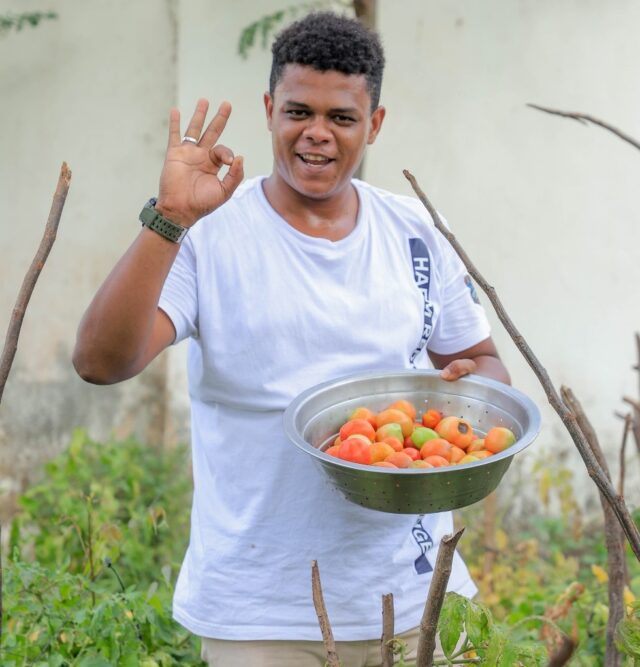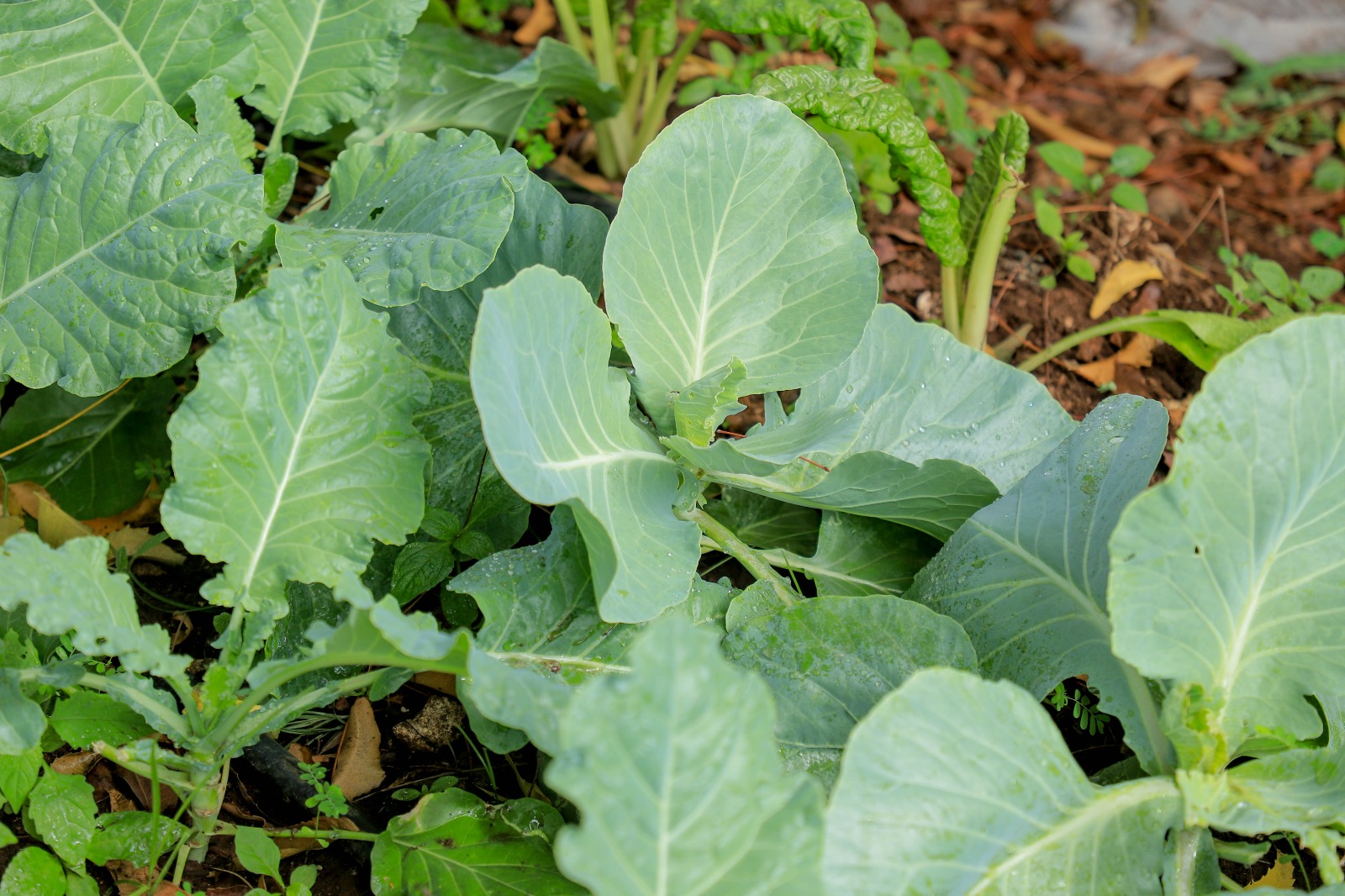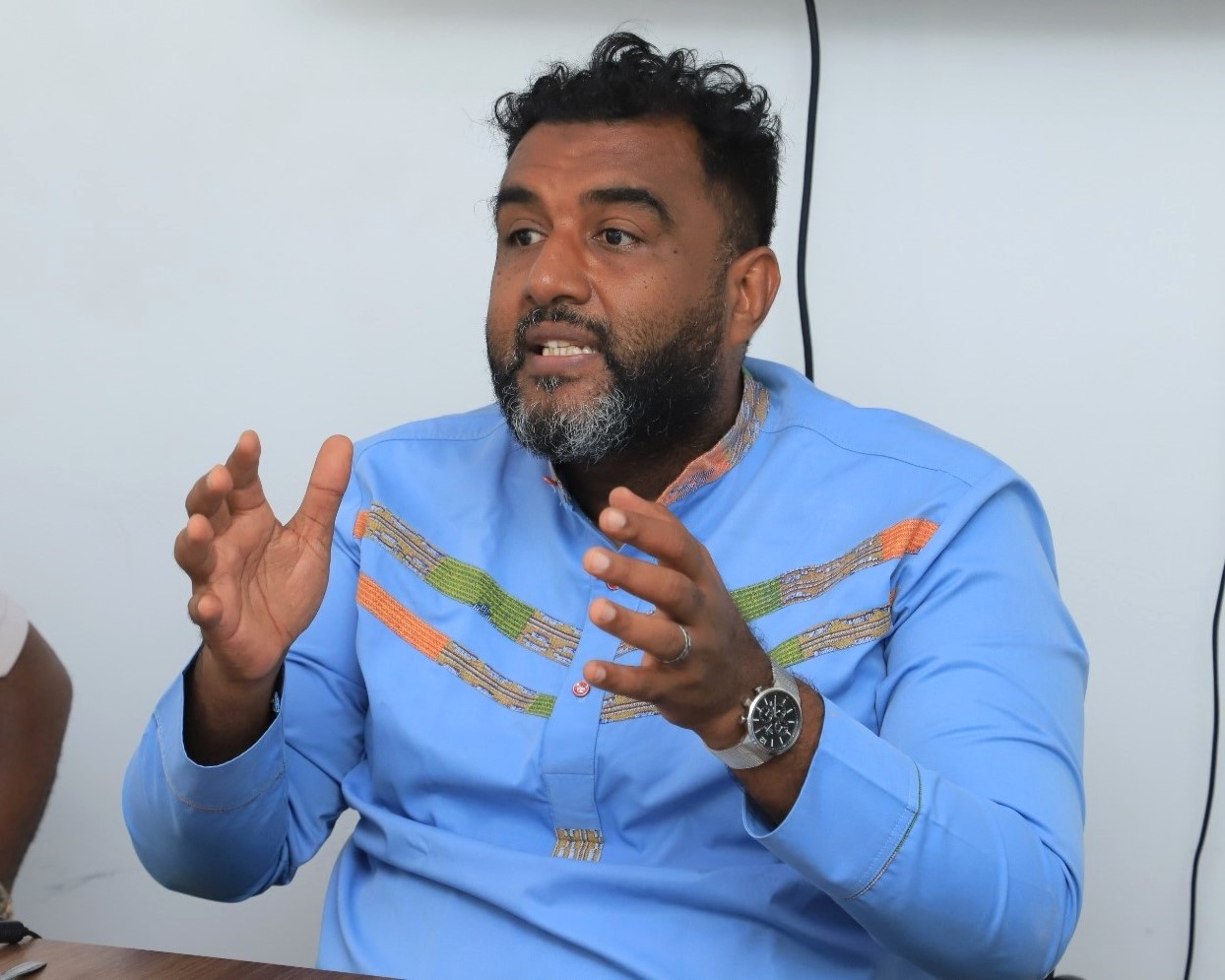
When Ali Farnandes bends over his rows of tomatoes, kales, and peppers, he sees more than just crops. For him, every sprouting seed is a symbol of rebirth.
“When I plant these crops, I see myself planting the seeds of life. Watching them grow gives me a fresh breath of new life,” says Farnandes, 55, a recovering drug user, his face lighting up with pride as he harvests from his small but thriving farm in Likoni, Mombasa.
For over two decades, drugs had taken everything from him—his health, family, and dignity. At one point, he describes his life as “totally broken, disintegrated, and devastated.” Tears still well up when he recalls his wasted youthful years and the dreams shattered by addiction.
A turning point
Farnandes’ journey out of drugs began when outreach workers from Reachout Centre Trust (RCT) approached him and his peers at a den where they gathered daily for their fix. Many of his friends didn’t survive. “Some died of overdose as I helplessly watched,” he says quietly.
Convincing him to accept treatment was not easy, but eventually, he agreed. At RCT’s treatment centre in Likoni, he began a new chapter. Today, he is not only a farmer but also an outreach worker with RCT, using his own story to guide others out of the darkness of addiction.
The Halfway House: Where healing meets livelihoods
Just 1.2 kilometers from the Likoni ferry lies RCT’s Halfway House, a unique rehabilitation facility where recovering drug users transit from treatment to livelihood. Here, farming and poultry rearing go hand in hand with counseling and life skills training.

[The glowing farm at Reachout Centre Trust (RCT) owned Halfway House located in Likoni Subcounty, Mombasa. Ali Farnandes and other recovering drug users are tilling their new lives. Photo/ Joseph Ngala/Sept’ 11, 2025].
Established over 20 years ago under the leadership of Taib Abdulrahman, RCT’s Executive Director, the facility has become a lifeline for hundreds of recovering drug users.
“When we engage them in farming and poultry rearing, we are giving them a second chance in life. This is our core mandate as an anti-drug organisation,” says Abdulrahman, who has dedicated his career to fighting drug abuse at the Coast.
Beyond farming, residents learn cooking, food preparation, and other life skills — subtle but powerful tools in their healing process. “This is not just a farm; it is life itself for these recovering drug users,” Abdulrahman adds.
Sowing Seeds of Change
Graduates of the Halfway House go through months of training in agribusiness, capacity building, and resilience before returning to their families and communities. Many have since established their own farms and small enterprises across Mombasa and the wider Coast region.
The program also plays a preventive role by reducing relapses, as participants stay engaged in meaningful work while regaining confidence.

[Reachout Executive Director Taib Abdulrahman. He is spearheading the livelihoods program being implemented at the Halfway House in Likoni. Photo/Joseph Ngala/Sept’ 11, 2025].
“This way, we deter them from falling back into drug use. We appeal to stakeholders to support this noble journey to treat and equip more people with skills, as a way of eradicating drug dependence disorders in our coastal communities,” Abdulrahman emphasizes.
For Farnandes, the farm is more than food on the table. It is proof that life after drugs is possible. Standing tall among his crops, he smiles: “I lost many years, but I have gained back my life. I am now planting hope, not just for myself, but for others too.”



































